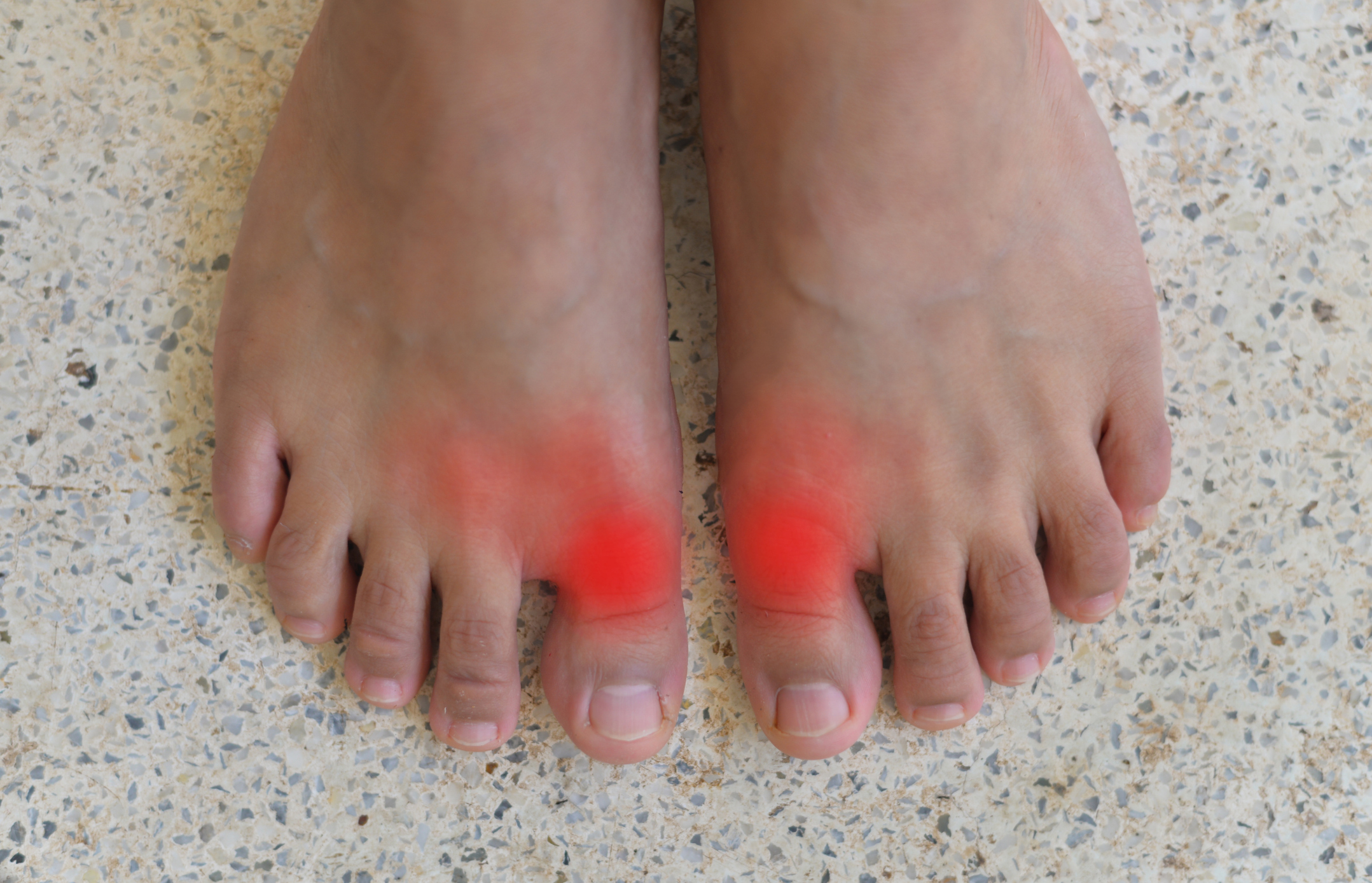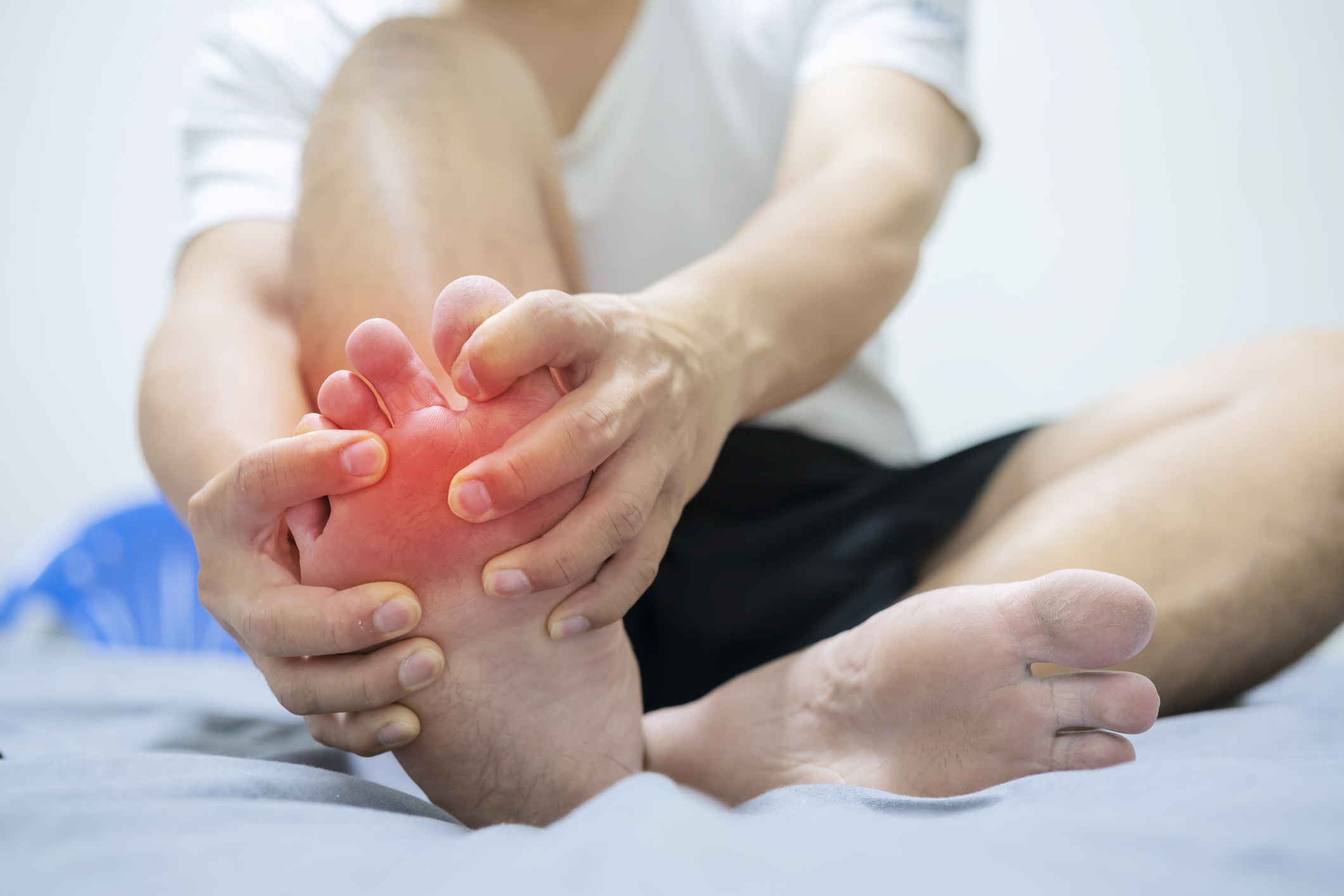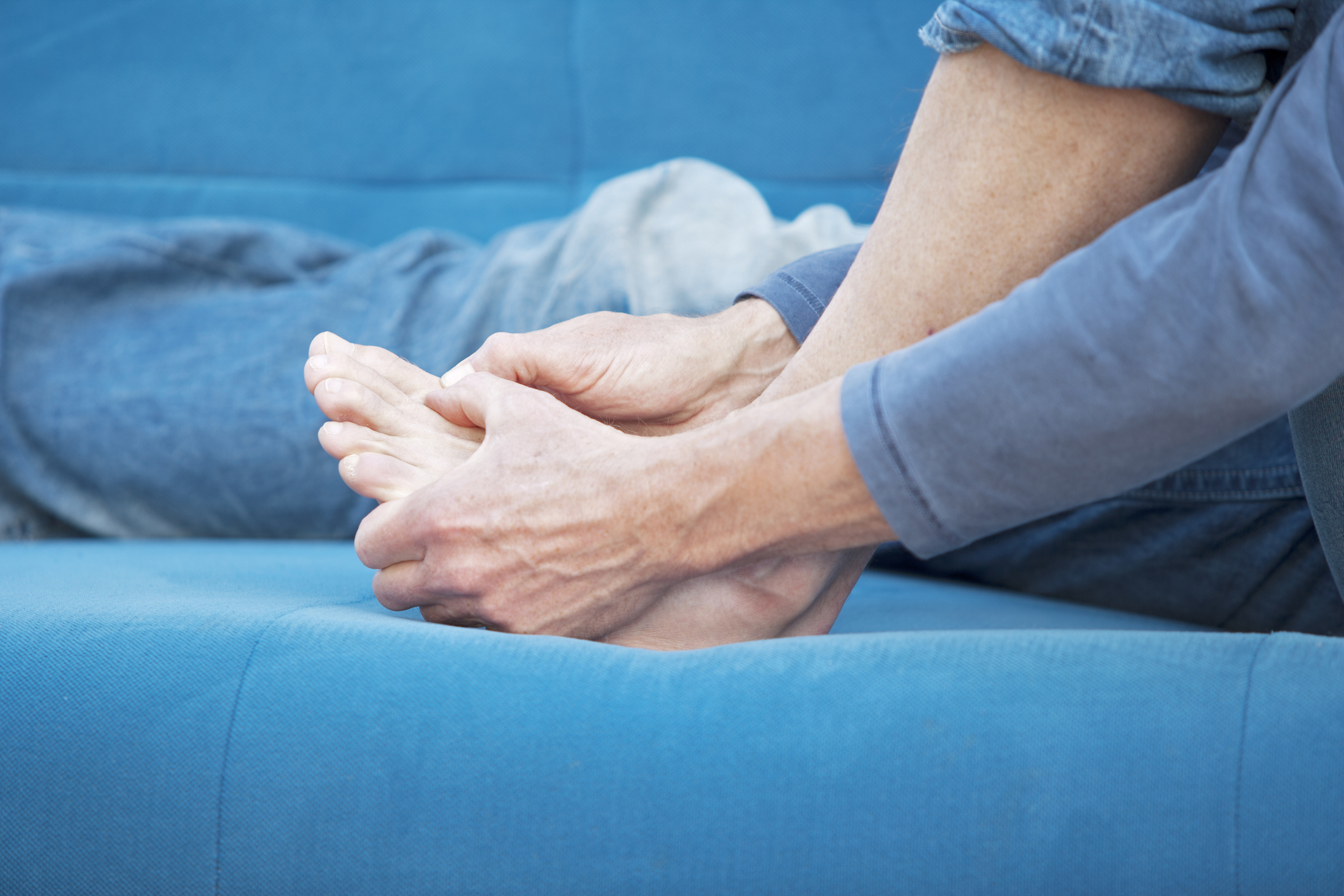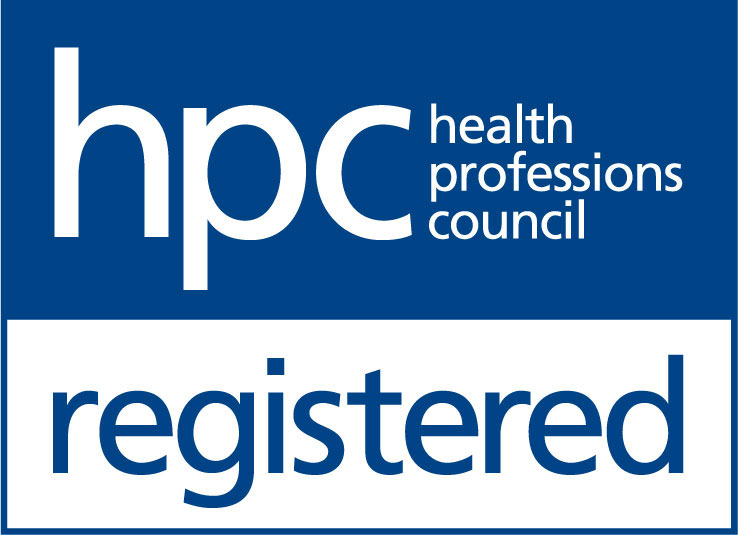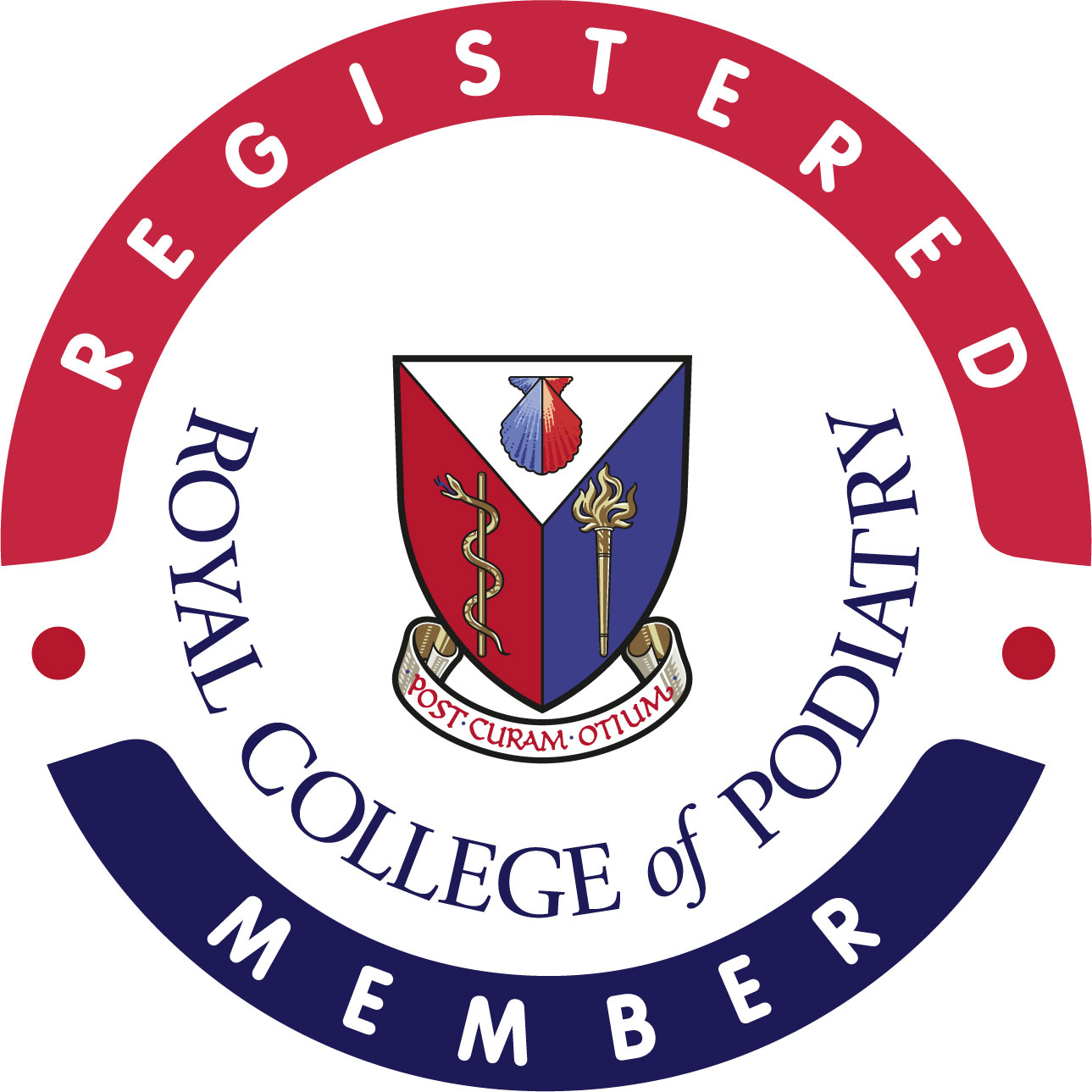Advice and treatment to alleviate issues caused by gout
Gout is the result of a build-up of uric acid in the blood. Small crystals form, which collect in the joint causing irritation and inflammation, and can be very painful. Men tend to be affected more than women, and diet and lifestyle choices are to blame.
Book an appointment


